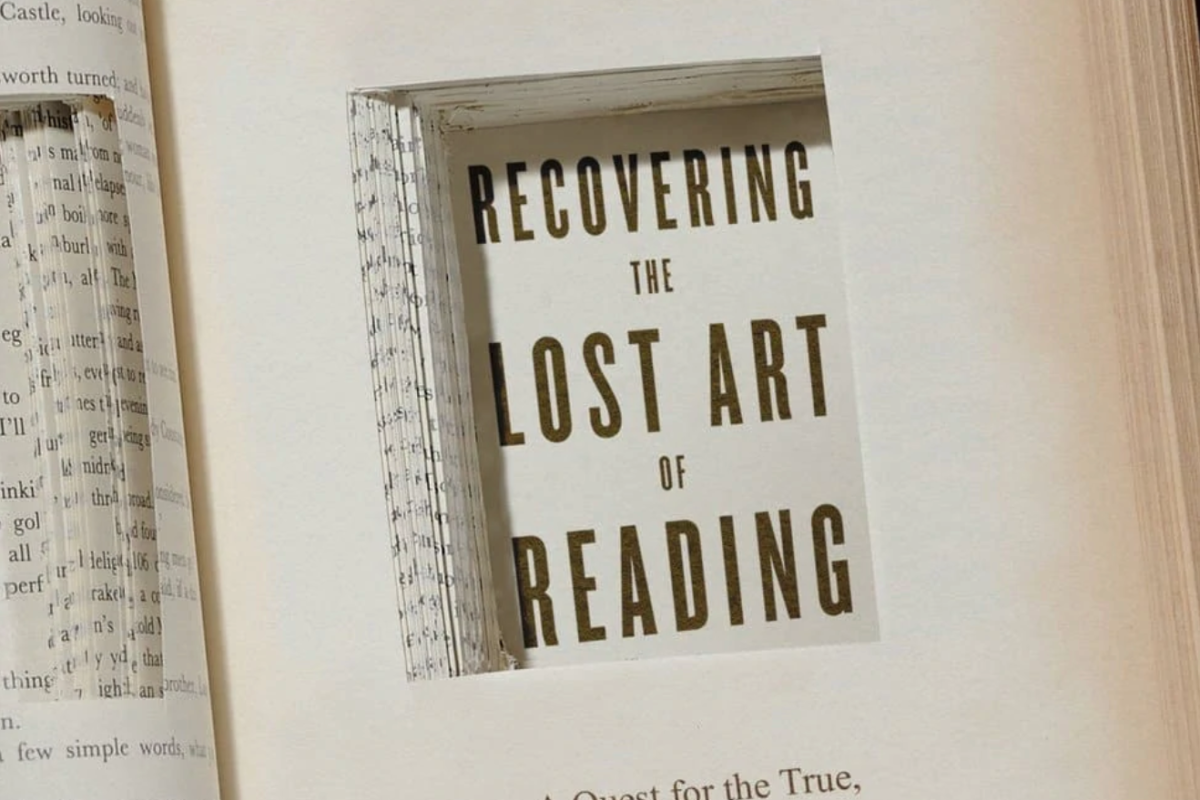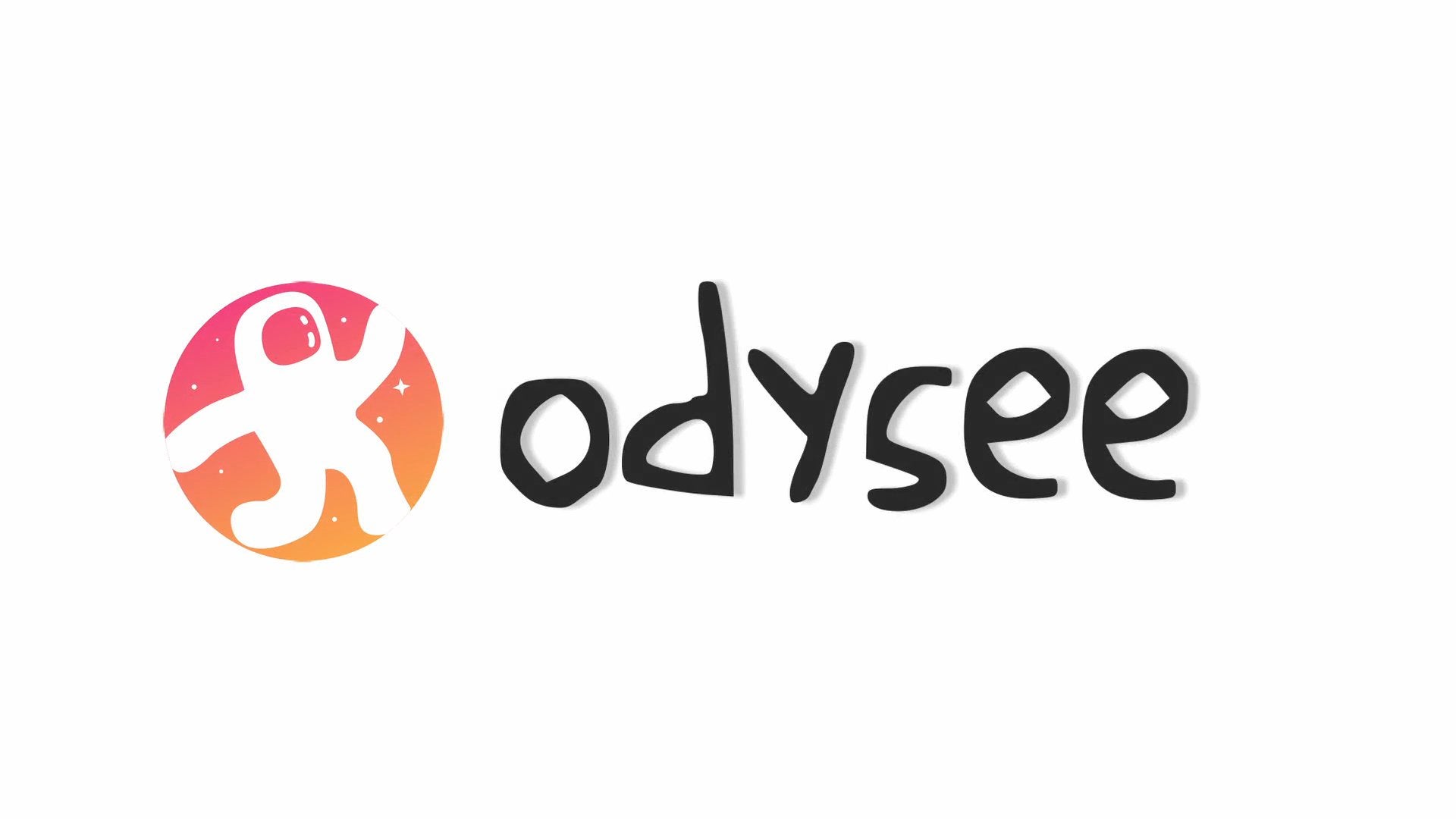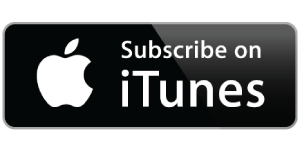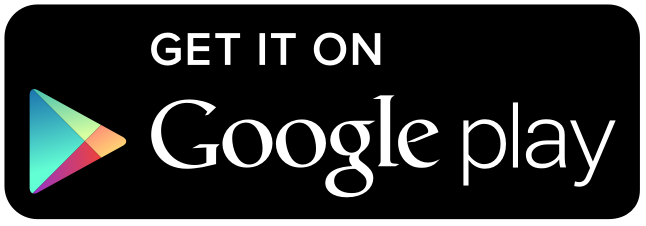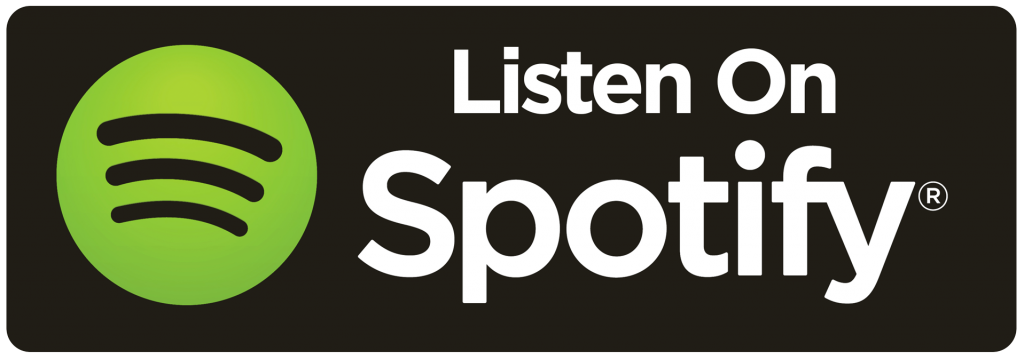Lost Art Of Reading
Synopsis:
In today’s technology-driven culture, reading has become a lost art. With smartphones offering information at the tap of a finger, reading a book is often seen as a tedious and outdated activity. Christians are not immune to this problem, as many find it hard to read books–even the Bible–consistently and attentively. Recovering the Lost Art of Reading addresses these timely issues by exploring the importance of reading generally as well as studying the Bible as literature, giving practical suggestions along the way. In this helpful guide, Leland Ryken and Glenda Faye Mathes encourage a new generation of readers to overcome the notion of reading as a duty and learn to see it as a delight. (Taken from Goodread page)
Review
What I liked most about this book is twofold. One, it wasn’t a lament about how these people today are just too stupid to really read a book. It does provide a three-part look that identifies that, indeed, people’s reading comprehension has been limited by a de-emphasis on critical, genre-specific reading. The other is the use of specific quotes from authors to really make their case for each topic they spoke about. There are really some gems that I grabbed as a love of books, reading, and literature.
The authors do come at the subject from a Christian worldview, which they want to focus all literature through. However, non-Christians can also read this book to get a lot from it. Yet, the authors rightly attribute the Christian worldview in making possible literature “The very example of The Bible establishes the necessity of literature in a Christian life. Scripture does more than sanction literature, it shows us that literature is indispensable in knowing and communicating our most important truths” (p.64).
Part 1 establishes the issue to show the art of reading is lost. That is, a critical thinking way of reading and not just one for entertainment and enjoyment. Defining the problem flows to the other two parts.
Part 2 was my favorite part of the book. It defined literature as “a concrete, interpretive presentation of human experience in an artistic form” (p.61) and why it’s important. Then they looked at different genres and expressed what each one was, what they do, and tips on how best to read them. Stories, poems, novels, fantasy/sci-fi, children’s books, non-fiction, and The Bible as literature were discussed. There is a really interesting discussion on escapism vs. literature as an escape in the fantasy/sci-fi section. For the non-fiction section, the discussion on balancing the story structure and telling the truth was also an interesting discussion. Probably the most helpful one was reading poems and the most practical was reading children’s books. All of them went back to the touchstone of the Christian worldview.
Part 3 was a more practical take on reading in general. I would have actually liked to have seen part 2 and three switched as I saw how to read literature to fulfill the main premises of the book. Here, in part 3, the authors talked about the very important and overlooked truth that there is no neutral viewpoint and the importance of worldview is discussed here. This is almost a topic for another book entirely but the subject is covered well enough. And alongside is a good discussion on objective beauty, especially in literature. Truth-telling and reality-based relationship between whatever genre or subject and the reader were also good points to discuss to help fill in some of the missing parts of a critical read. The section ended with a call to find some time to read and the distractions in place that prevent us and to also check out good books.
There are many good ideas in this book that are worthy of conversation and challenging someone who likes to read but maybe never looked into it more. The call for critical reading isn’t a call to never have fun reading again or be stuffy in your reading. It is a call that you shouldn’t turn off part of your brain while reading anything and evaluating what you’re reading through your worldview is another layer that is missed that should be done by everyone. While part three gets a little meandering at times, overall this is a good book to check out, especially for Christians and those who enjoy reading or teach reading in a homeschool setting.
Final Grade
B+

Video
Get The Book (And Support The Show)
Cave To The Cross GoodReads Page
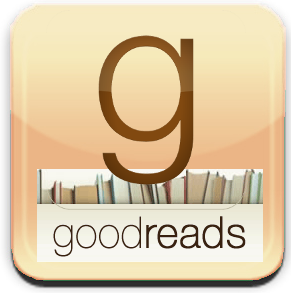 To check out more reviews and see what Patrick’s reading go to his GoodReads page here.
To check out more reviews and see what Patrick’s reading go to his GoodReads page here.
Other book reviews can be found here.

